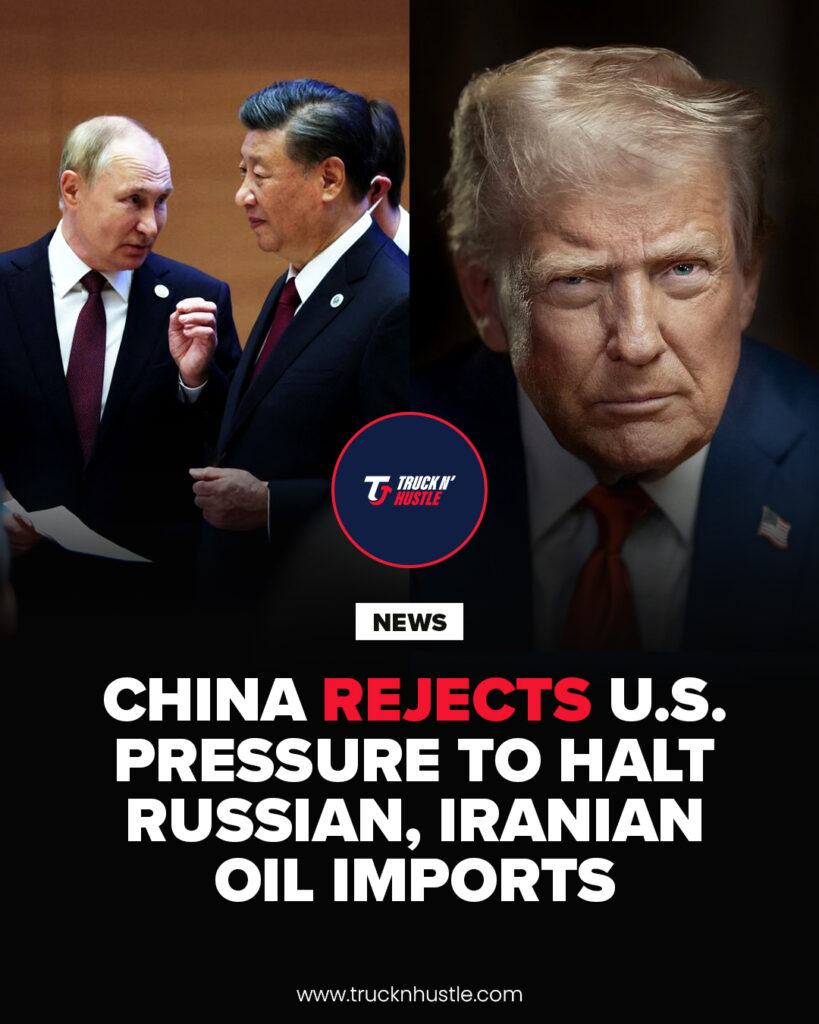During recent U.S.-China trade talks in Stockholm, the U.S. demanded that China cease purchasing oil from Russia and Iran or face steep tariffs—up to 100% in some proposals. Treasury Secretary Scott Bessent emphasized this pressure as part of broader sanctions aimed at cutting off revenue sources fueling Moscow’s military operations in Ukraine and Tehran’s support for militant groups across the Middle East.
China rejected these demands outright. Its Foreign Ministry declared that energy procurement is a sovereign matter, stating that coercion won’t deter its national policy—even if a 100% tariff is imposed. According to Chinese officials, sustaining energy security and development takes priority, regardless of external threats.
Despite this controversy, Bessent remained cautiously optimistic that broader trade negotiations could still result in a deal. Observers note China’s defiance of U.S. pressure is consistent with its long-standing emphasis on sovereignty, with analysts doubting Washington would implement extreme tariffs that might jeopardize progress on a trade agreement. For Beijing, continuing to import discounted Russian and Iranian crude provides strategic stability and boosts its energy reserves, even in the face of mounting economic and diplomatic pressure.









